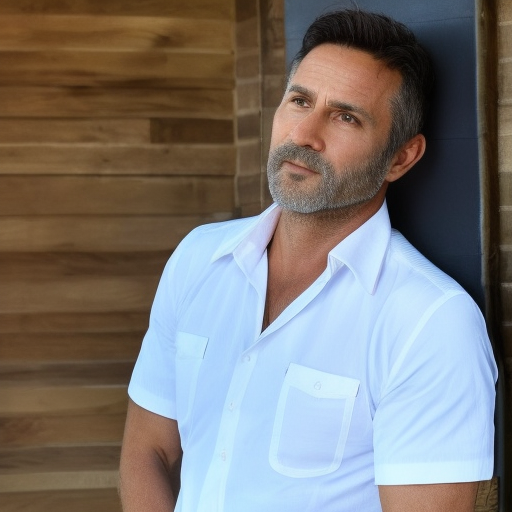How to beat post viral fatigue
Hey, how’s it going? Feeling tired and burnt out lately? Can’t seem to shake off that constant feeling of exhaustion, no matter how much rest you get? If you’re nodding your head in agreement, then you’re probably experiencing something called post-viral fatigue.
But don’t worry, you’re not alone. In fact, it’s a common side effect after contracting a viral illness. The good news is, there are ways to manage and eventually beat post-viral fatigue. In this blog post, we’ll go over some tips and strategies on how to do just that. So, let’s get started!
What is post-viral fatigue?
Before we dive into how to beat it, let’s first define what post-viral fatigue is. Simply put, it’s a type of fatigue that occurs after you’ve recovered from a viral illness. It can be caused by a range of viruses, such as the common cold, flu, or even COVID-19.
Symptoms of post-viral fatigue include:
- Persistent fatigue and tiredness
- Lack of energy and motivation
- Difficulty concentrating and memory problems
- Sore throat and/or swollen lymph nodes
- Headaches
- Exacerbation of pre-existing conditions (such as asthma or allergies)
These symptoms can last for weeks or even months after the initial viral illness has resolved. And for some people, post-viral fatigue can be so severe that it significantly impacts their daily functioning and quality of life.
How to beat post-viral fatigue
So, now that we know what post-viral fatigue is, let’s talk about how to beat it. Here are some tried and true strategies that can help:
1. Get enough rest
This one may seem obvious, but it’s important to prioritize rest and relaxation during your recovery. That means getting plenty of sleep at night and taking breaks during the day as needed. It’s also a good idea to avoid overloading your schedule with activities and to say no to commitments that might be too draining.
2. Eat a balanced diet
Eating a healthy, balanced diet is crucial for supporting your body’s recovery from a viral illness. Make sure to get plenty of fruits, vegetables, and protein to help boost your energy levels and support your immune system. It’s also important to stay hydrated by drinking plenty of water.
3. Exercise regularly (but don’t overdo it)
Exercise is another key component of recovering from post-viral fatigue. It can help improve your energy levels, boost your mood, and support your overall physical and mental health. However, it’s important to start slowly and gradually increase your activity levels as you feel able. It’s also a good idea to listen to your body and take breaks as needed.
4. Practice stress management techniques
Stress and anxiety can exacerbate post-viral fatigue, so it’s important to find ways to manage and reduce stress. Some effective techniques include deep breathing, meditation, and yoga. It’s also a good idea to try to limit your exposure to stressors as much as possible.
5. Seek support from friends, family, and healthcare professionals
Recovering from post-viral fatigue can be a long and challenging process. It’s important to have a support system to help you through it. This can include friends, family, and healthcare professionals such as doctors, nurses, and therapists. Don’t be afraid to reach out and ask for help when you need it.
Final thoughts
Post-viral fatigue is a common and often debilitating side effect of viral illnesses, but with the right strategies and support, it is possible to manage and eventually beat it. Remember to prioritize rest, eat a healthy diet, exercise regularly (but not too much), practice stress management techniques, and seek support from friends, family, and healthcare professionals.
It’s also important to be patient and kind to yourself during the recovery process. It’s not uncommon for post-viral fatigue to take weeks or even months to resolve completely. So, try not to put too much pressure on yourself and allow yourself the time and space to fully heal.
If you’re struggling with post-viral fatigue and these strategies aren’t helping, it may be a good idea to speak with a healthcare professional. They can help assess your specific situation and provide more personalized recommendations for managing your fatigue.
In the end, the most important thing is to take care of yourself and give your body the time and support it needs to fully recover. With a little bit of patience and effort, you’ll be back to your old self in no time.





